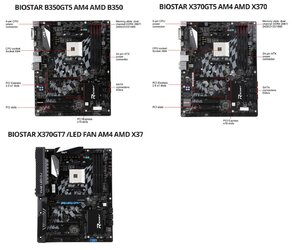Interesting note: I clocked up to 2933 again... Had some odd problems. Post took an inordinate amount of time, windows boot did as well. Had the same problem as DaveB with a random zip file. The RAM issues are ugly on my sticker-clad gskill aegis. Back to auto on ram, and all those problems disappear. Figured out the driver not installed issue on Ryzen master: it's tied to driver signing. AMD has a KB on it:
http://support.amd.com/en-us/kb-articles/Pages/KB99.aspx
Gonna hold off on ram modifications from Auto and hope for improved compatibility via bios update from Asus. Overall, I am happy with the stock performance of everything. Leaps and bounds better than my old FX8320e @4.5ghz. Zero issues running half a million programs (Google drive, Dropbox, a bunch of other background applications) and games at the same time.
